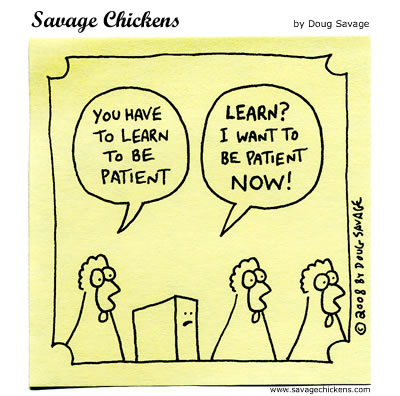 It is almost December, which means our large scale holistic file reading process will begin soon. Instead of giving you a nice “slice of life” story which then transitions into our reason for reading files, I will just go straight into the process. For a large group of our applicants (ones who are not admitted based on their academics alone in November and February), we spend almost three months diving into everything in a student’s application to better understand them, look at them in comparison with the rest of the applicant pool, and ultimately make final decisions about our freshman class. This process takes time, but we would rather take time to make good decisions than rush through the process.
It is almost December, which means our large scale holistic file reading process will begin soon. Instead of giving you a nice “slice of life” story which then transitions into our reason for reading files, I will just go straight into the process. For a large group of our applicants (ones who are not admitted based on their academics alone in November and February), we spend almost three months diving into everything in a student’s application to better understand them, look at them in comparison with the rest of the applicant pool, and ultimately make final decisions about our freshman class. This process takes time, but we would rather take time to make good decisions than rush through the process.
I have had a number of comments on the blog asking what we look at in this process, so here are the areas we look at in our holistic review. I could probably write six pages worth of explanation about the process, but I have summarized each area to lessen the pain of exhaustion for the reader. There is more to our review process than just these brief descriptions though, but at least this gives you some details of the process.
- Activities/Involvement/Leadership – The first thing you should know about activities is that we value quality over quantity. What we are looking for is somewhat about the range of what a person does, but more so the depth of their involvement. It is not about how many clubs/sports/activities you can join, but instead looking at is what things you have committed to during your high school years, both in time and in consistency. In addition, another area we look at a student’s dedication to family and work. At times, a student may have limited involvement in clubs, but that might be due to a dedication to their family and/or job.
- Writing/Creativity/Expression – In the review of an applicant’s writing, our focus is more the writer’s voice, how well they communicate their ideas, and how well they “show” us their information, and less focus is put on grammar and structure. Yes, we still want a student to write clearly and spell check their work, but that is not the key. The other area within this part looks at a student’s creative side. While we see some of these items within the activities section, we want to see how a student shows their creativity. We look at their involvement in the arts, but also in the “non-artistic” side of things such as robotics, design, newspaper, etc. We try to get an understanding of their aesthetic side of life. We will focus more on the writing part during this review, but a student’s passion for creativity does come into play.
- Academic Review – When we look at a student’s transcript during the holistic review process, we are trying to understand how a student has progressed over their 3+ years in high school. Have they been consistently strong throughout the years, did they start slow and then jump up to all A’s, did they have a tough time in a specific subject, are all their B’s low or high B’s, etc. We are looking at core grades, we are focused on the actual grades, not a GPA on a transcript, and we are looking at trends and how you have done in your most challenging classes.
- Strength of Curriculum/Intellectual Challenges – First,there is no magic number of AP/IB/Honors/Advanced/Dual Enrollment/Post-AP classes needed for admission, because there is no right answer. Instead, we look at the academic opportunities both at your school and in your community for the answer. What I mean is, most competitive colleges are going to look at what academic options are available to you as a student, and what you have then chosen to take. What have you done within the context of what is available? We also look at summer programs (Governor’s Honors programs, Girls State, etc), activities which focus on developing your academic side, and how you are preparing yourself for the academic challenges at UGA.
- Integrity/Work Ethic/Maturity – One area of admissions that is not always talked about, but which has a great impact over the entire file, is the idea of work ethic and maturity. I often refer people to a scene from the movie Rudy, where the main character never lets up, even on the last play of the last day of practice. UGA recognizes the overachiever, the one that has taken what they have been given and gone beyond everyone’s expectations.
- Respect for Others – In looking at applicants, we are looking at future members of the UGA community. They will be living in the residence halls together, studying together, dating, hanging out, and generally interacting with the people in the UGA community 24/7. In light of this, I want to know how they interact with other people in their own community right now. Which students step outside their comfort zone to grow and understand others? Who reaches out to people in their community in need, using their time and effort to give back to other people? What students actively learn about other cultures and other people, and share a bit of themselves as well?
It takes a while for our team to review the large number of applications, and to dig into everything within the file. These files are reviewed by multiple counselors, and we are looking at everything in the application, including activities/sports/summer events/employment sections, transcripts, test scores, recommendations, resumes, essays, etc. We expect final decisions to go out sometime in mid-March, but that is based on current growth projections of how many total applications we will receive this year, so that could change.
Go Dawgs!

